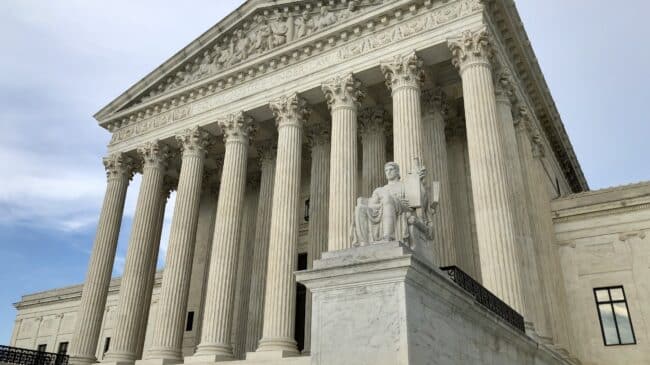Nos. 22-277, 22-555
In the Supreme Court of the United States
Ashley Moody, Attorney General of Florida, et al.,
Petitioners,
v.
NetChoice, LLC, et al.,
NetChoice, LLC, et al.,
Petitioners,
v.
Ken Paxton, Attorney General of Texas
On Writs of Certiorari to the United States Courts of Appeals for the Fifth and Eleventh Circuits
The editorial decisions and content moderation policies of social media platforms, large or small, are exercises of the freedom of speech, the freedom of the press, and the freedom of association protected by the First Amendment.
Efforts to force such companies to convey or associate with viewpoints or persons with which or whom they disagree or otherwise choose to disassociate from thus violate the First Amendment. That such private choices to disassociate may deny the person so rejected the benefits of such association with a popular platform and its users does not convert the platforms into common carriers, public accommodations, or anything else that can justify restrictions on their First Amendment rights.
Popular speakers, television hosts, newspapers, or interactive media organizers do not lose their First Amendment associational rights merely because they reach a bigger audience than alternative speakers, organizers, or online communities. That a rejected speaker cannot persuade a sufficient audience to listen to them is a flaw in the speaker, not the channels of communication.
Listeners make and can remake their own choices and overwhelmingly favor interactive speech platforms with content moderation policies that best match their own preferences.
Finally, whatever benefits the government may provide to corporations generally or to interactive media platforms specifically, none of those change the protected nature of the expressive and associational choices made by those companies.
For the foregoing reasons and the reasons discussed in the NetChoice party briefs, the decision of the Fifth Circuit should be reversed, the decision of the Eleventh Circuit should be affirmed, and both the Florida and Texas statutes should be held to violate the First Amendment.
